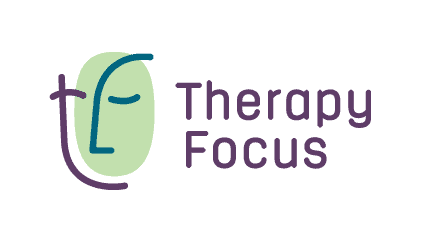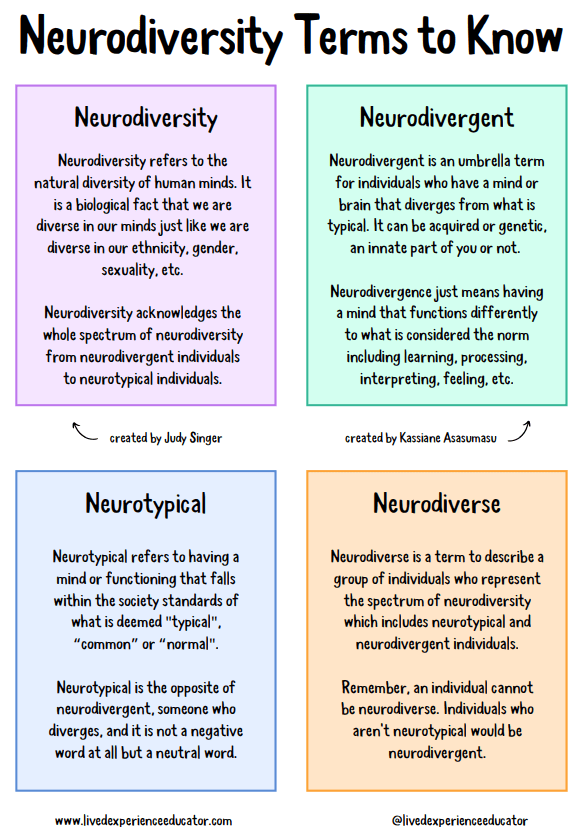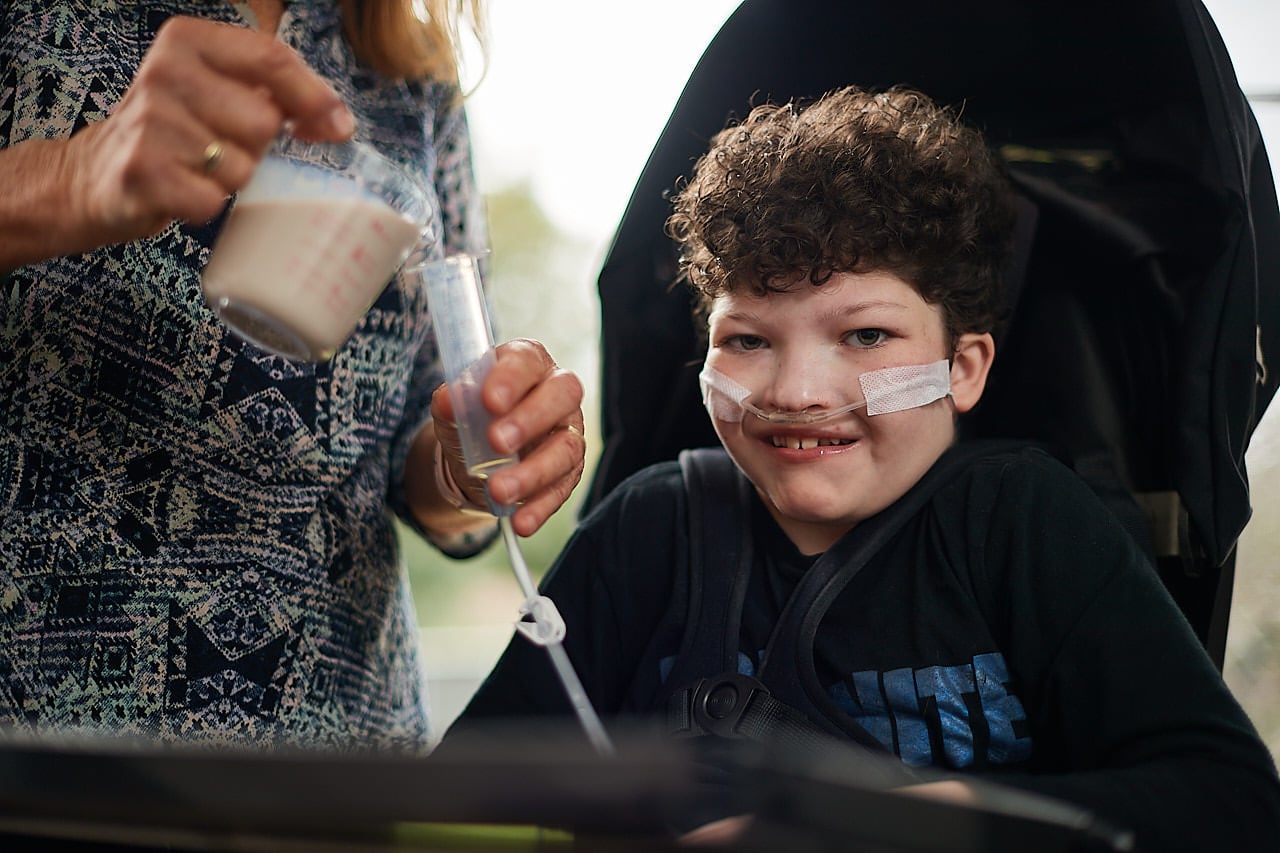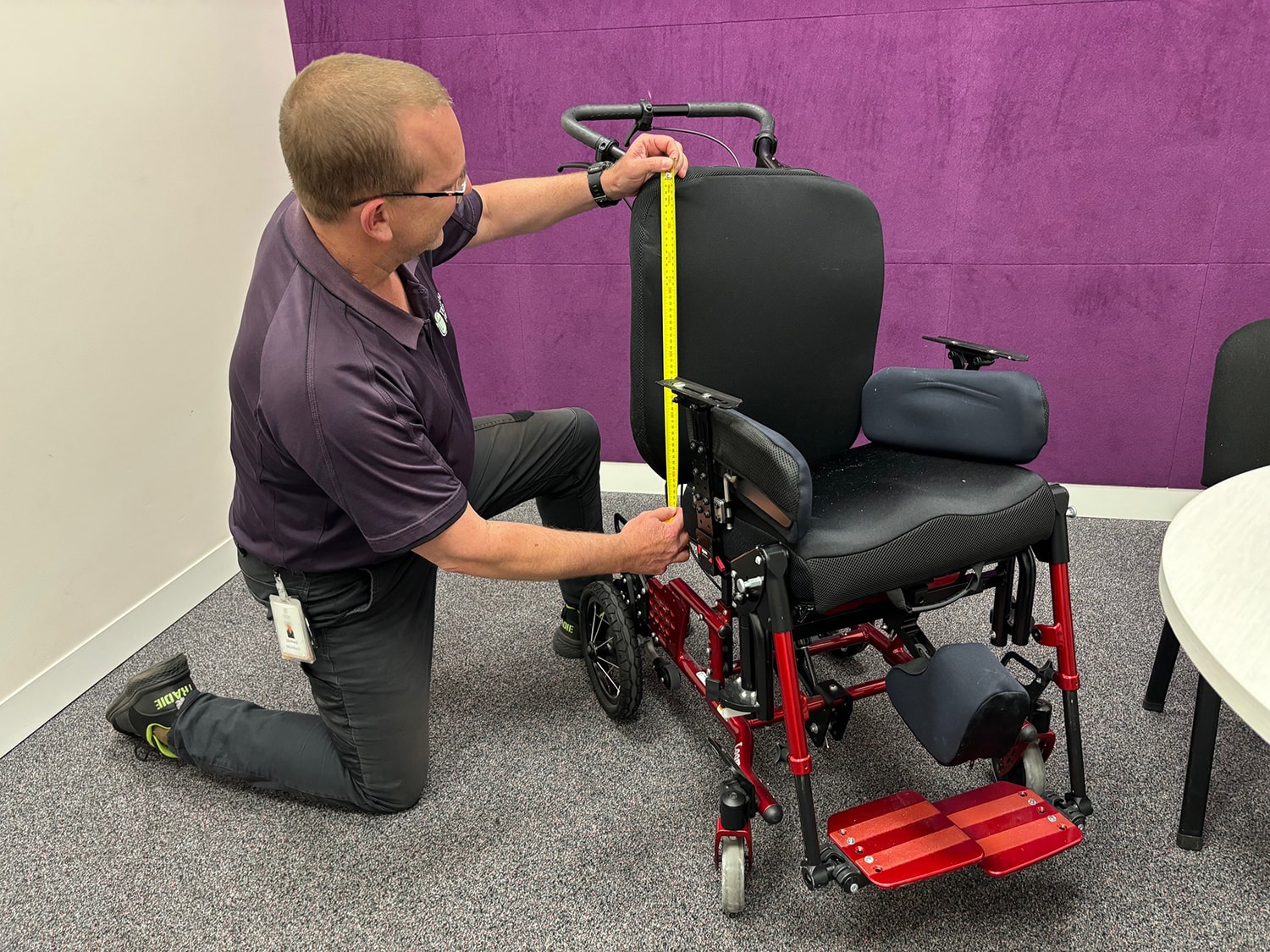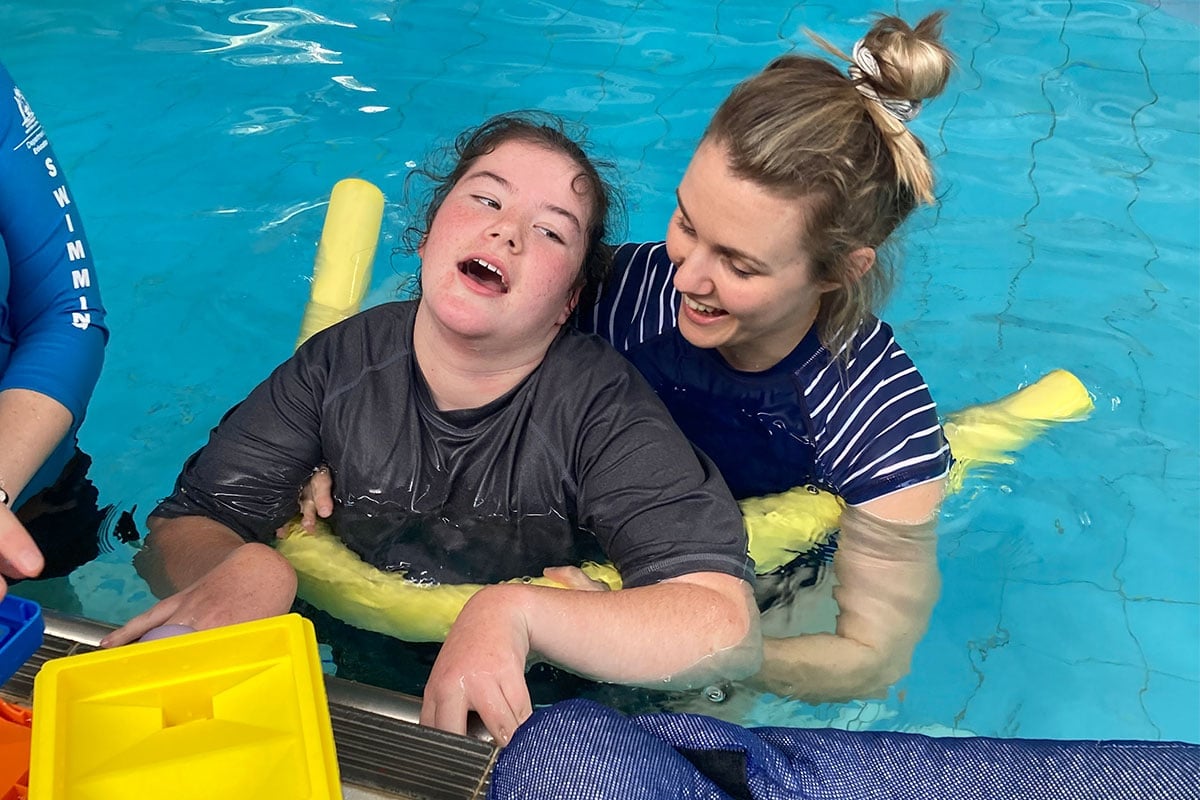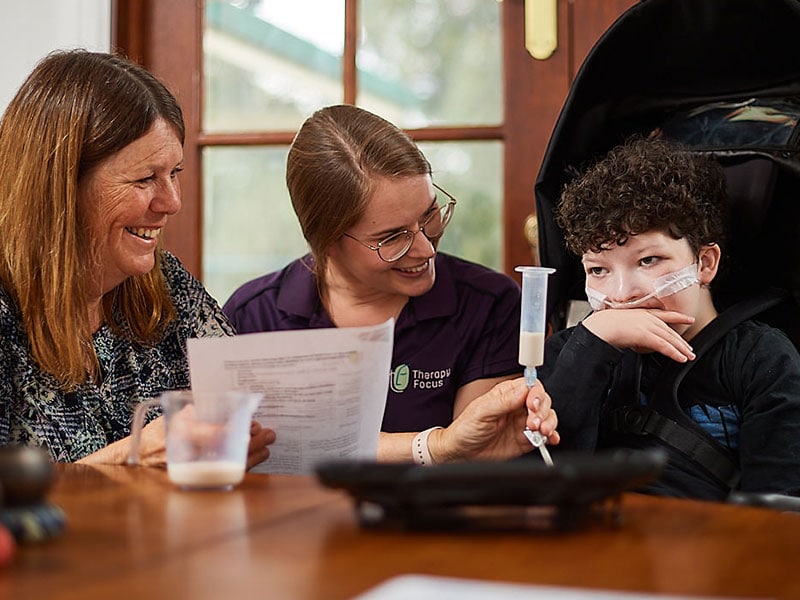Understanding Neurodiversity
What is neurodiversity?
The official definition of the term ‘Neurodiversity’ is; the range of differences in individual brain function and behavioural traits, regarded as part of normal variation in the human population.
Essentially, neurodiversity is a term used to describe differences in the way people’s brains work. Neurodiversity embraces the idea that every human is unique, with a unique combination of abilities and needs.
The term ‘neurodivergence’ usually refers to traits and characteristics associated with a number of diagnoses, including:
- Autism
- Attention Deficit Hyperactivity Disorder (ADHD)
- Developmental Coordination Disorder (Dyspraxia)
- Developmental Language Disorder (DLD)
- Dyscalculia – a mathematical learning disability
- Dyslexia
- Intellectual Disability
- Tic Disorders, including Tourette’s Syndrome
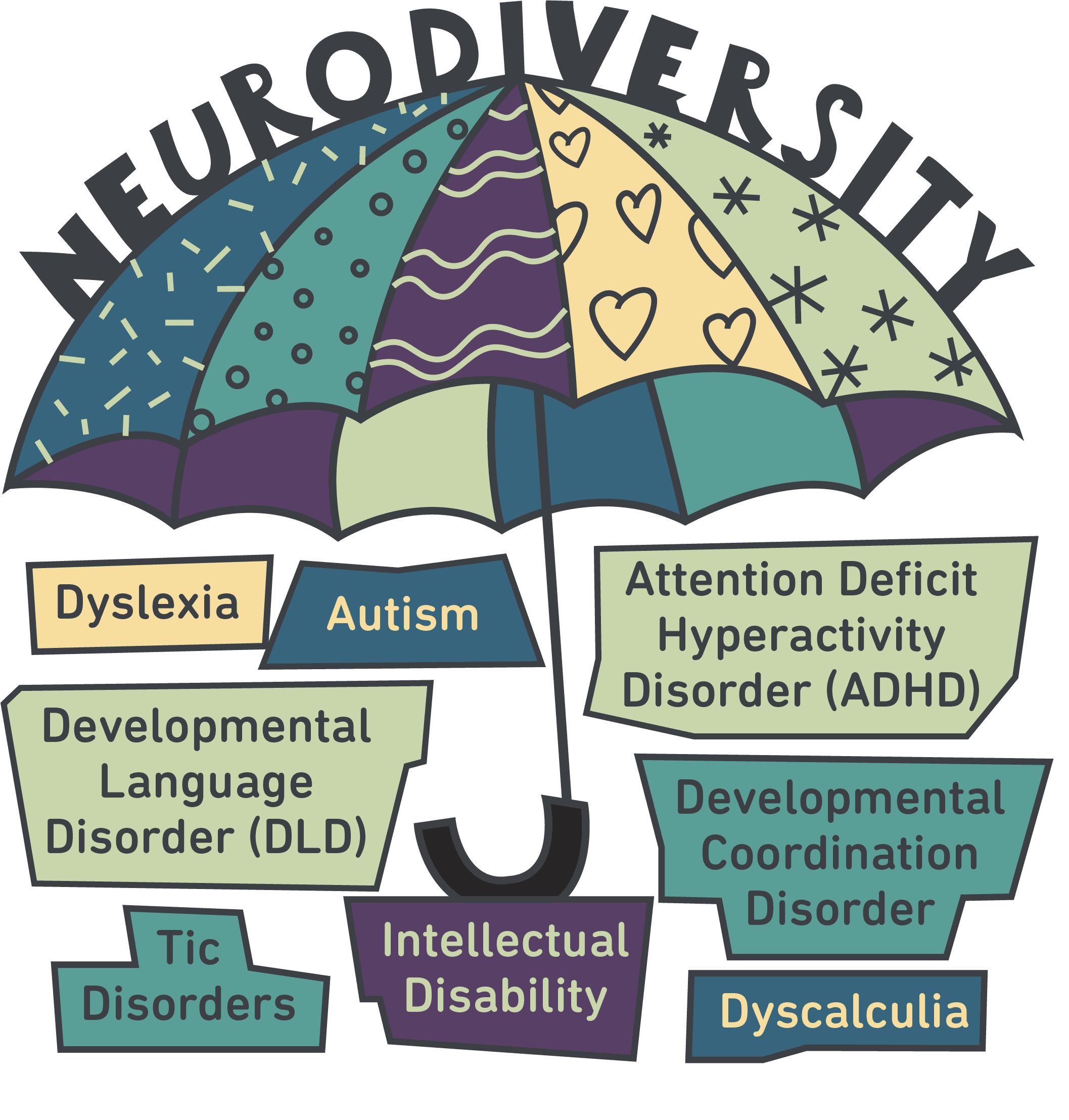
Neurodiversity umbrella
Words Matter
The neurodiversity movement promotes inclusive and non-judgmental language.
Many organisations prefer person-first language – “a person with Autism” or “a person with dyslexia”. However, some research suggests that the Autistic community prefers the use of identify-first language – “an Autistic person”.
Rather than making assumptions, it is best to ask an individual about their preferred language.
Create an Inclusive Environment
To quote an Autistic person; “We are freshwater fish in saltwater. Put us in fresh water and we function just fine. Put us in saltwater and we struggle to survive”.
Understanding and embracing neurodiversity in communities, schools, and workplaces can improve inclusivity for all people. Creating an environment that supports neurodivergence and recognises everyone’s strengths and differing needs is important. This can look like:
- A school or workplace environment that supports sensory preferences for things like noise and movement
- Clear communication styles that consider each individual’s needs. For example, use of visual schedules and avoiding sarcasm or indirect language
Defying Neurotypical Expectations
“Neurotypical” is a term that’s used to describe individuals with typical neurological development or functioning.
Neurodiversity opposes curing or normalising behaviours in order to meet neurotypical expectations, with the belief that society should work to remove stigma, create accommodations, and accept neurodiversity. It aims for acceptance of unfamiliar characteristics that don’t cause harm, rather than teaching neurotypical behaviours that may result in masking.
Masking is when a neurodiverse individual hides or controls behaviours that are not considered neurotypical. Masking can have severe effects on mental and physical health, and contribute to the development of conditions like:
- anxiety
- depression
- exhaustion
- loss of identity
- suicidal thoughts
Neurodiversity understands and embraces the differences in the way humans think and behave. It aims to increase the acceptance and inclusion of all people by embracing neurological differences.
What support is available?
At Therapy Focus, we have a team of experienced therapists who can provide support for neurodivergent people. Whether you need help to get a diagnosis or support to overcome challenges and achieve your goals, our team is here to help.
